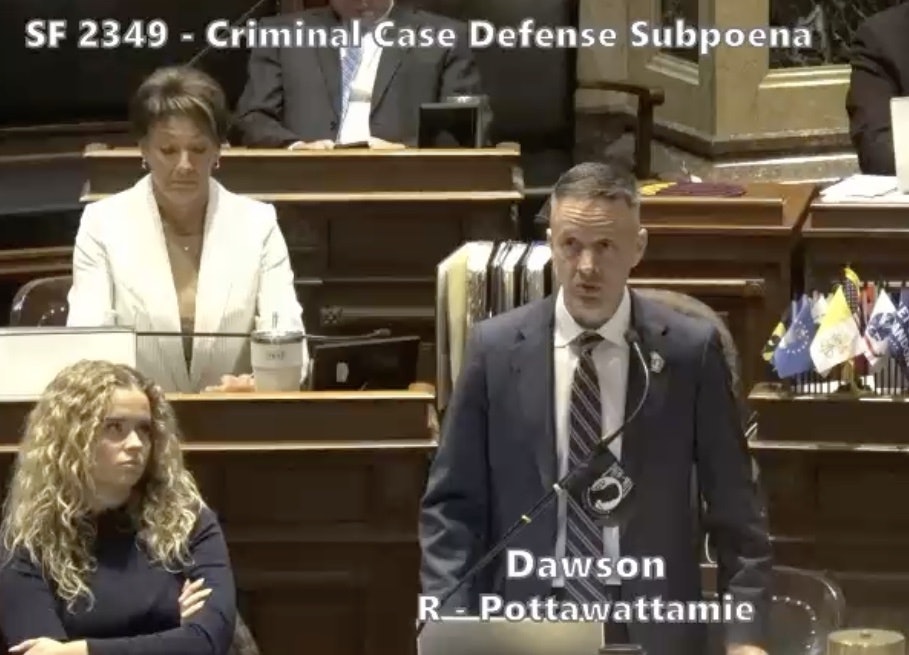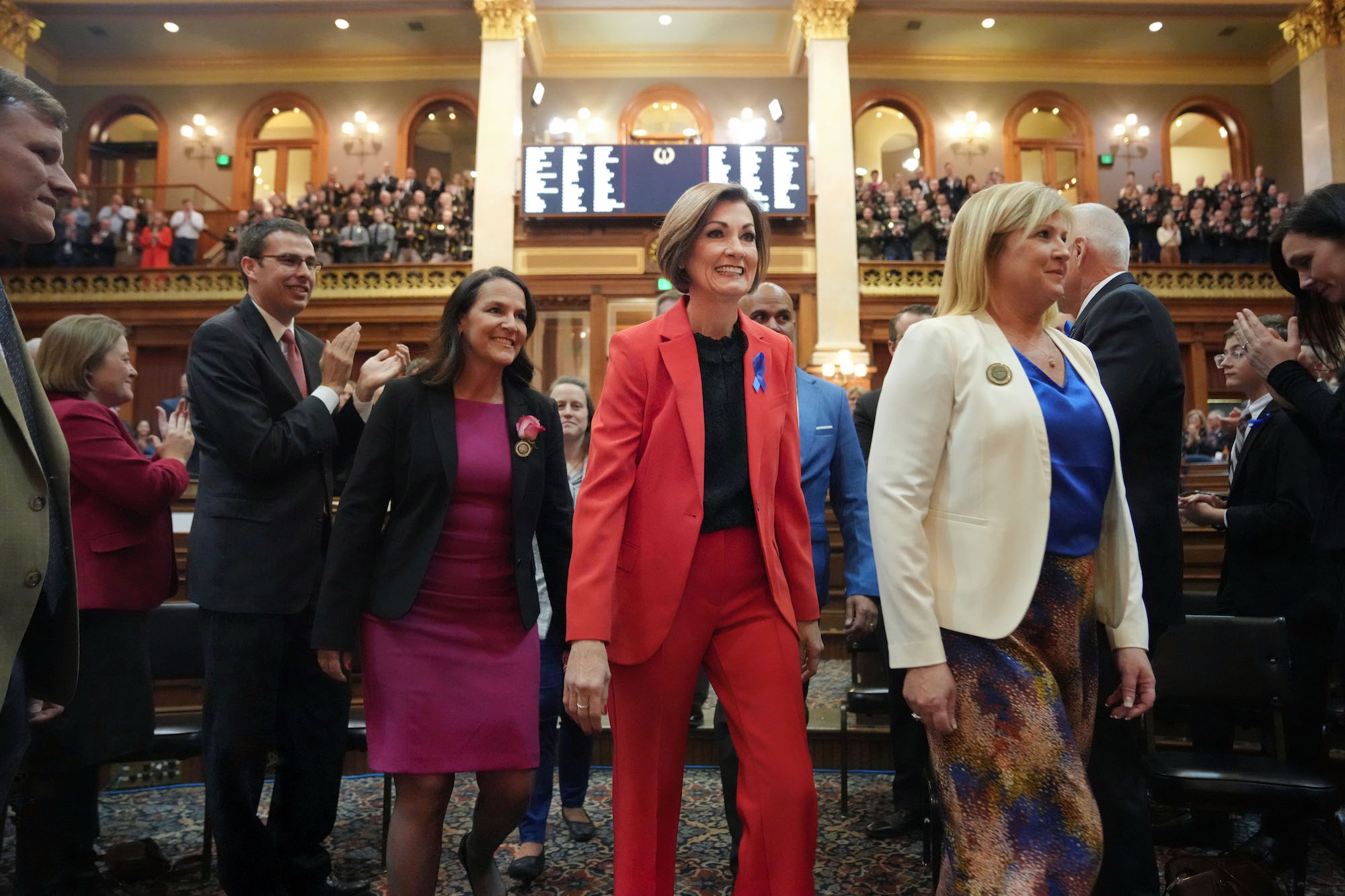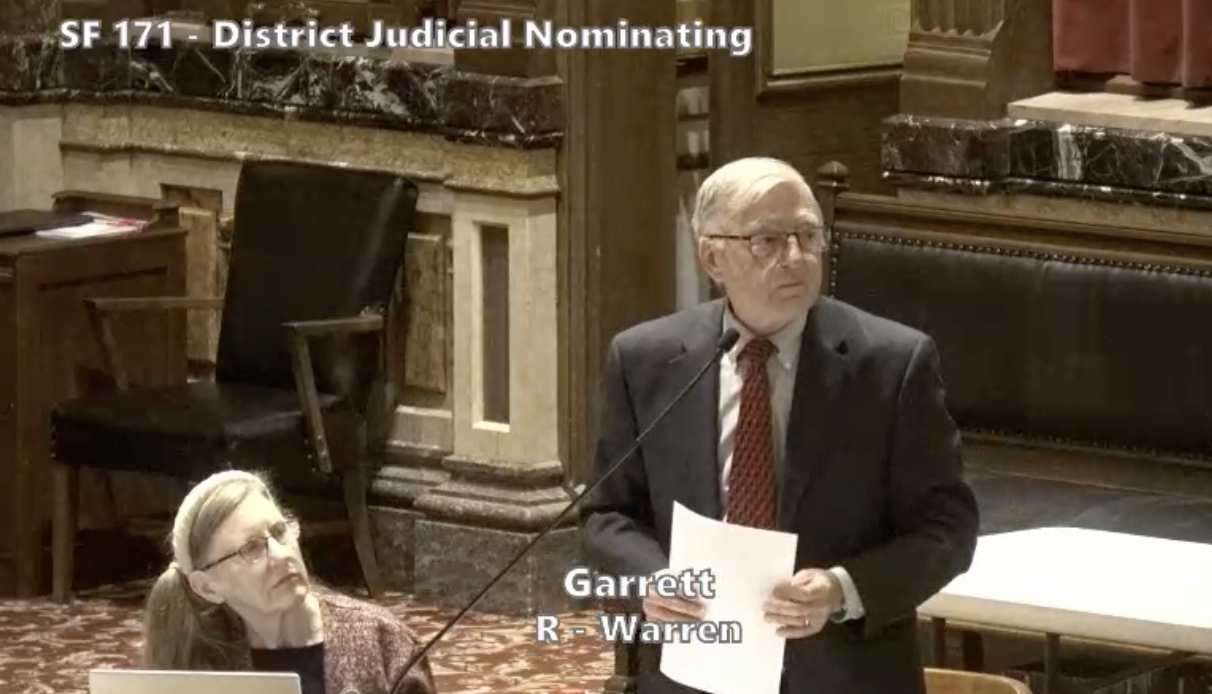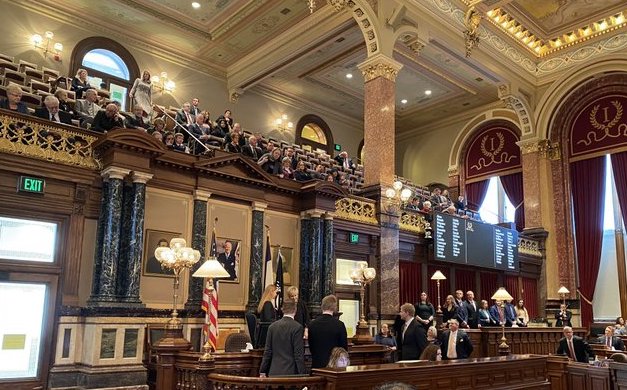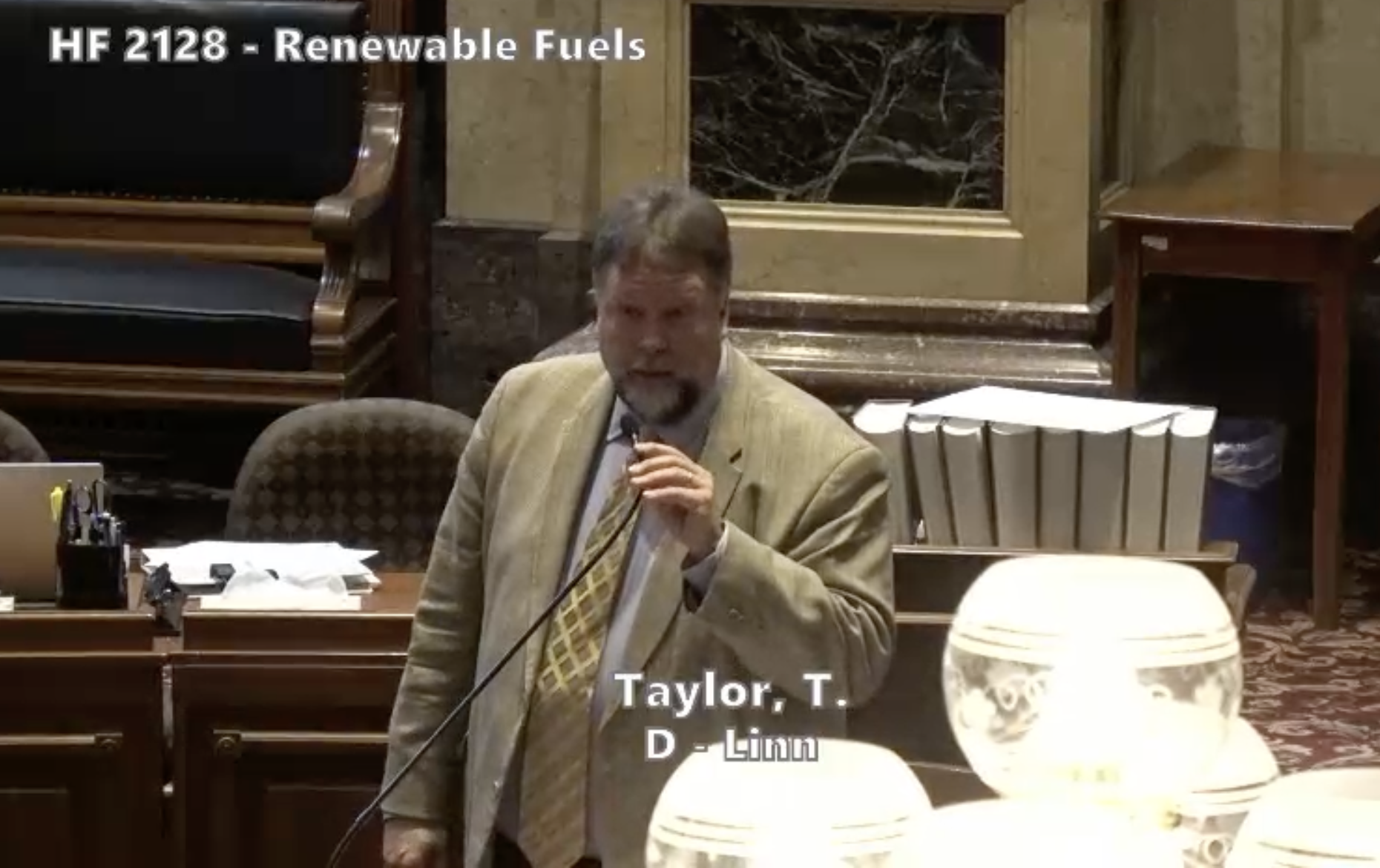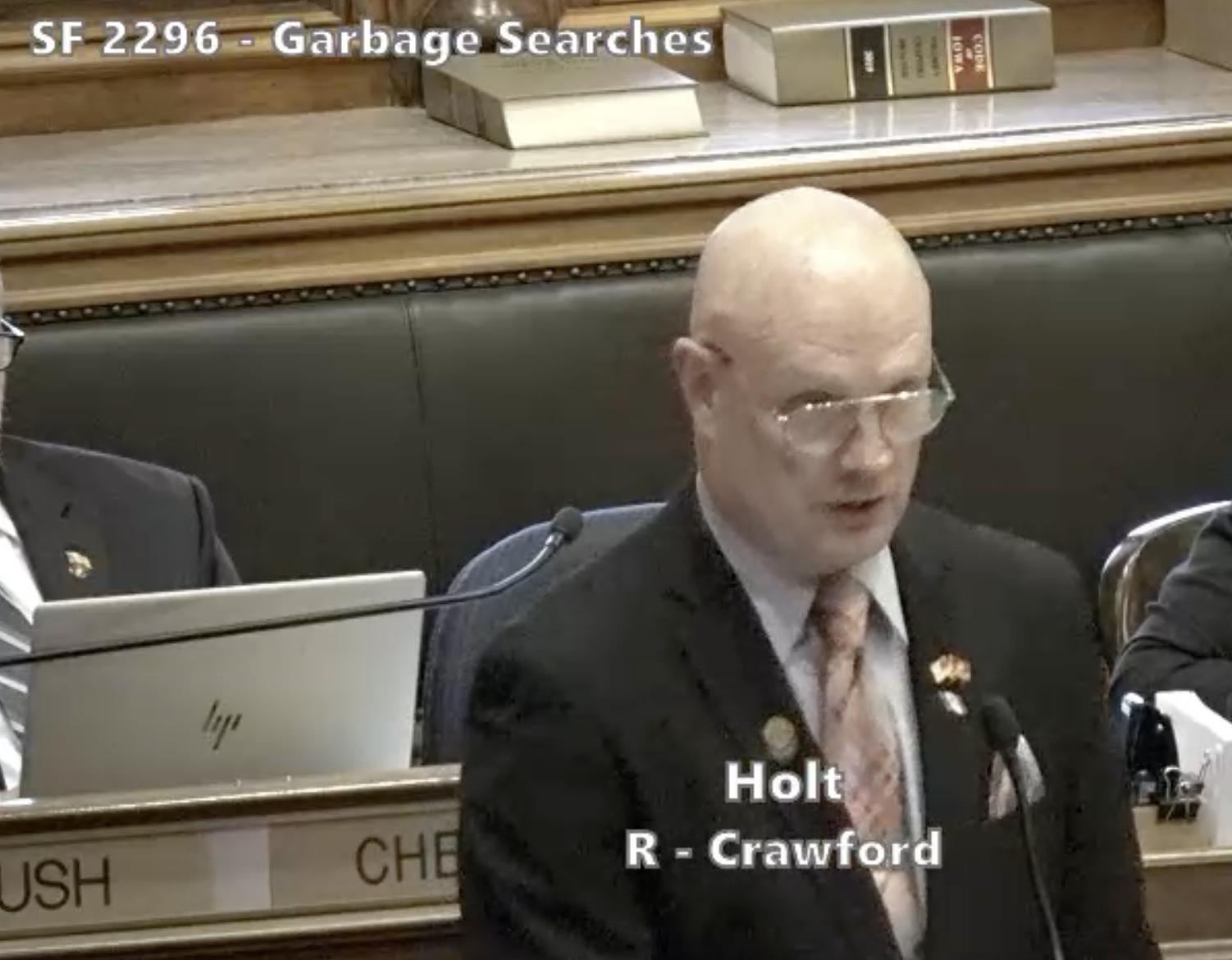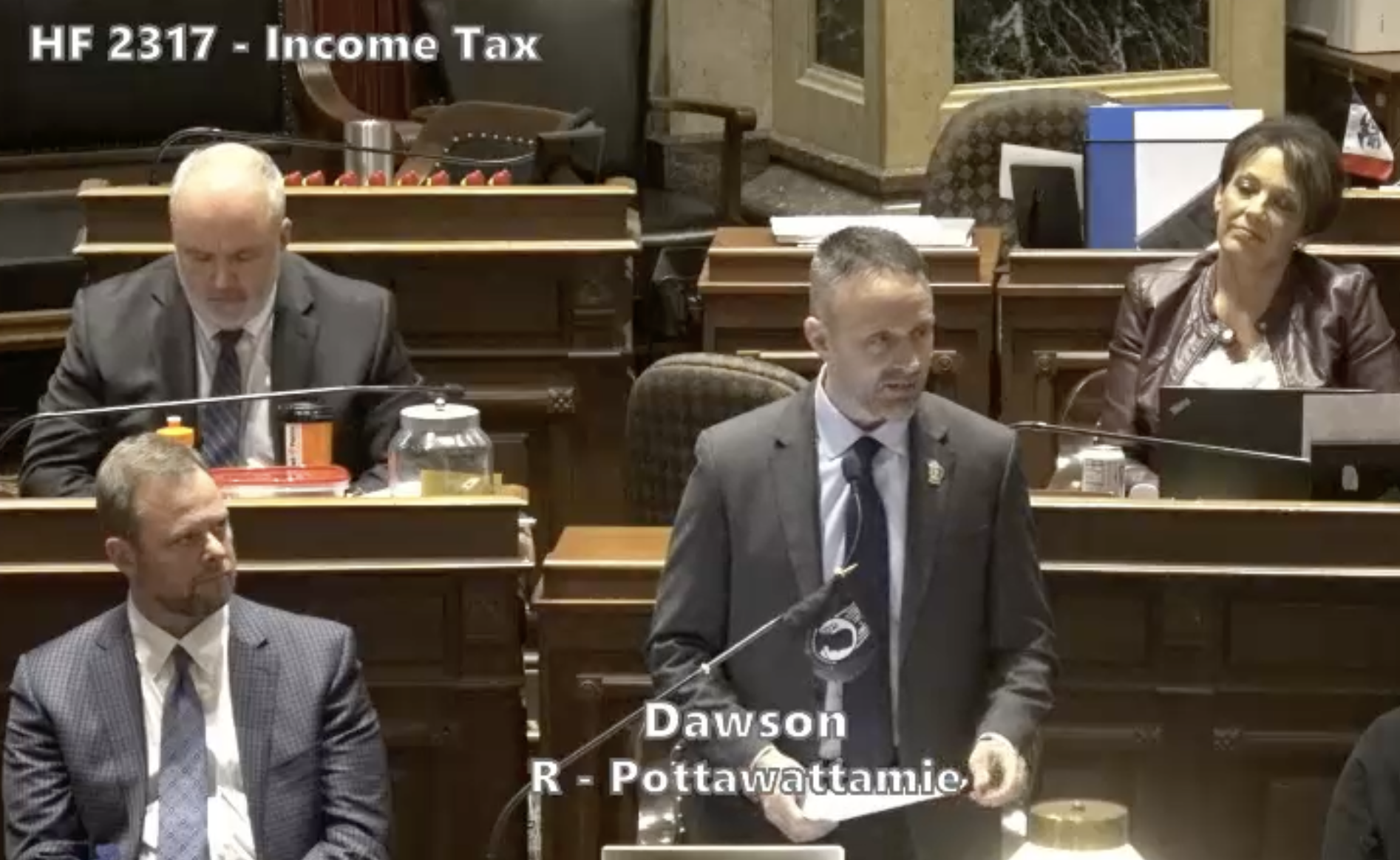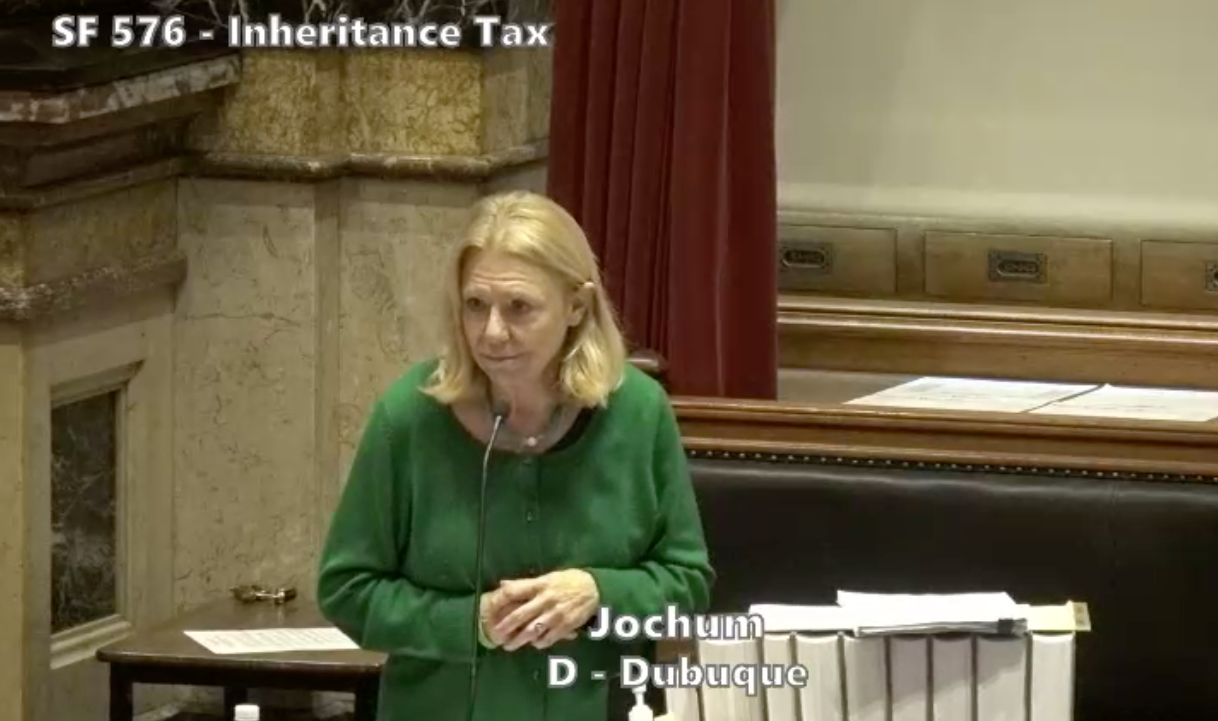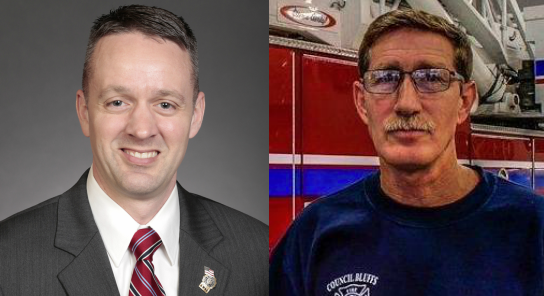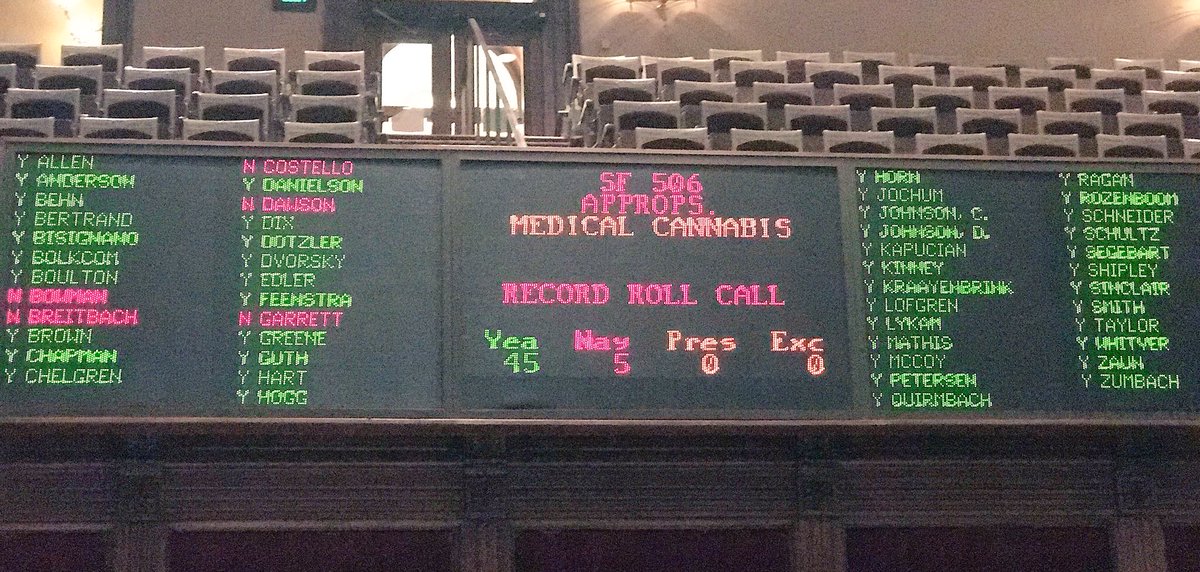This post has been updated with unofficial results from the November 5 election, as well as the final pre-election campaign finance disclosures and absentee ballot totals as of November 2. Original post follows.
Republicans currently hold 34 Iowa Senate seats—the largest GOP contingent in that chamber since 1973. Democrats are not realistically contending to regain the Senate majority in November. So why pay any attention to these legislative races?
Although the most competitive state Senate races won’t determine control of the chamber, they could reveal a lot about each party’s strengths with certain kinds of voters. A good night for Republicans would indicate that the Trump-era realignment has moved further into Iowa’s former blue regions. A good night for Democrats could pull the GOP below the two-thirds threshold, which has allowed Senate Republicans to confirm all of Governor Kim Reynolds’ nominees without any support from the minority party.
This post highlights four state Senate districts at most risk of flipping, and another seven districts where even without a big investment by Democrats or Republicans, the results could shed light on broader political trends in Iowa. A forthcoming article will cover state House races to watch in 2024.
Continue Reading...

